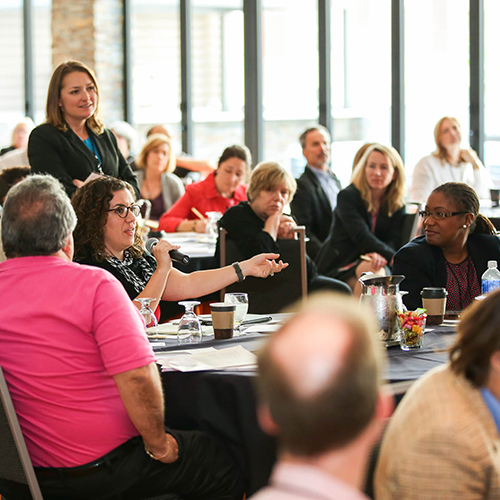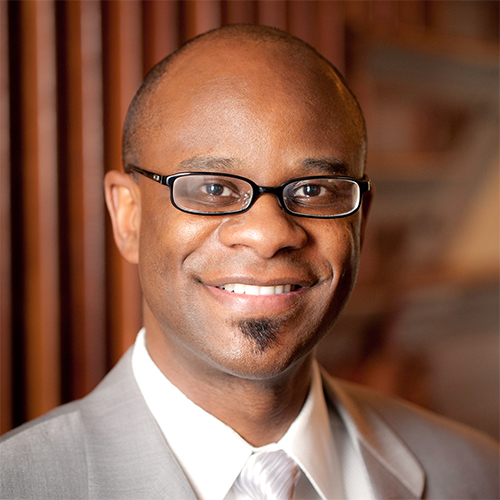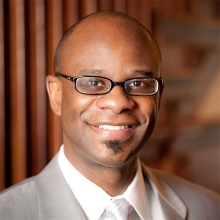Ten Years of IAALS: Driving Data-Fueled Innovation in Legal Education
IAALS is celebrating its 10th Anniversary in 2016. Throughout the year, we will be featuring guest posts from our colleagues and partners to recap our accomplishments and national impact—and look to the future ahead. The full series of posts will be collected here.
 Rebuilding justice. This is an awesome charge. And it is one that IAALS has embraced since its beginnings in 2006. IAALS was started as an attempt to remake the American legal system. While our system has many virtues, it is inefficient. It is unequal. Fundamentally, it is imperfect.
Rebuilding justice. This is an awesome charge. And it is one that IAALS has embraced since its beginnings in 2006. IAALS was started as an attempt to remake the American legal system. While our system has many virtues, it is inefficient. It is unequal. Fundamentally, it is imperfect.
But we are a country of laws, and the legal process is the thread that holds together our enviable conception of democracy. Therefore, the desire for a perfect system of justice is a natural outgrowth of that foundational goal of a more perfect union. But justice is more than systems. Justice is about people. Justice is about hopes and dreams and goals. Justice is about dignity. This is why the idea of rebuilding justice is so awesome, so ambitious, and so necessary.
My familiarity with IAALS is relatively recent. In 2014, I was invited to present at the Educating Tomorrow’s Lawyers Conference on the topic of using data to assess the effects of legal education on law students. As director of the Law School Survey of Student Engagement (LSSSE), the topics of data and assessment resonate with me. But while I was excited to attend the conference, I did not expect the sheer level of inspiration that I felt being in a room with so many people who cared so much about legal education to question all of our assumptions about it. I left the ETL Conference fortified in the idea that my own efforts were both necessary and desired.
ETL is just one component of IAALS’s holistic mission—and it embodies the IAALS spirit. It seeks to use data to drive legal education reform. This is important because much of how we train future lawyers is a reflection of past practice, not best practice.
ETL had been talking about learning outcomes assessments long before the American Bar Association required that law schools engage in such activities. ETL was conceptualizing experiential education and the idea of preparing students for the actual practice of law long before “practice-ready” became a buzz term. ETL, like LSSSE, was gathering data on legal education and the profession long before most people believed this was a necessary undertaking. With so much evolution taking place in the legal profession and, indeed, our legal system, it is important that law schools adapt and do so based on the best information possible. ETL is a valuable source of this information and a valuable partner in legal education reform efforts.
All of this brings me back to the idea of rebuilding justice. The last year and a half has demonstrated in stark fashion the need for a justice system in which everyone can have faith. It has demonstrated the need for a legal system that acknowledges and protects the rights of all. The inspiration driving IAALS is awe-inspiring. It’s the work of many lifetimes. So while I join in commemorating the 10th anniversary of IAALS, I am looking to the next ten years and beyond with great interest and optimism. We might just achieve that more perfect union after all.


